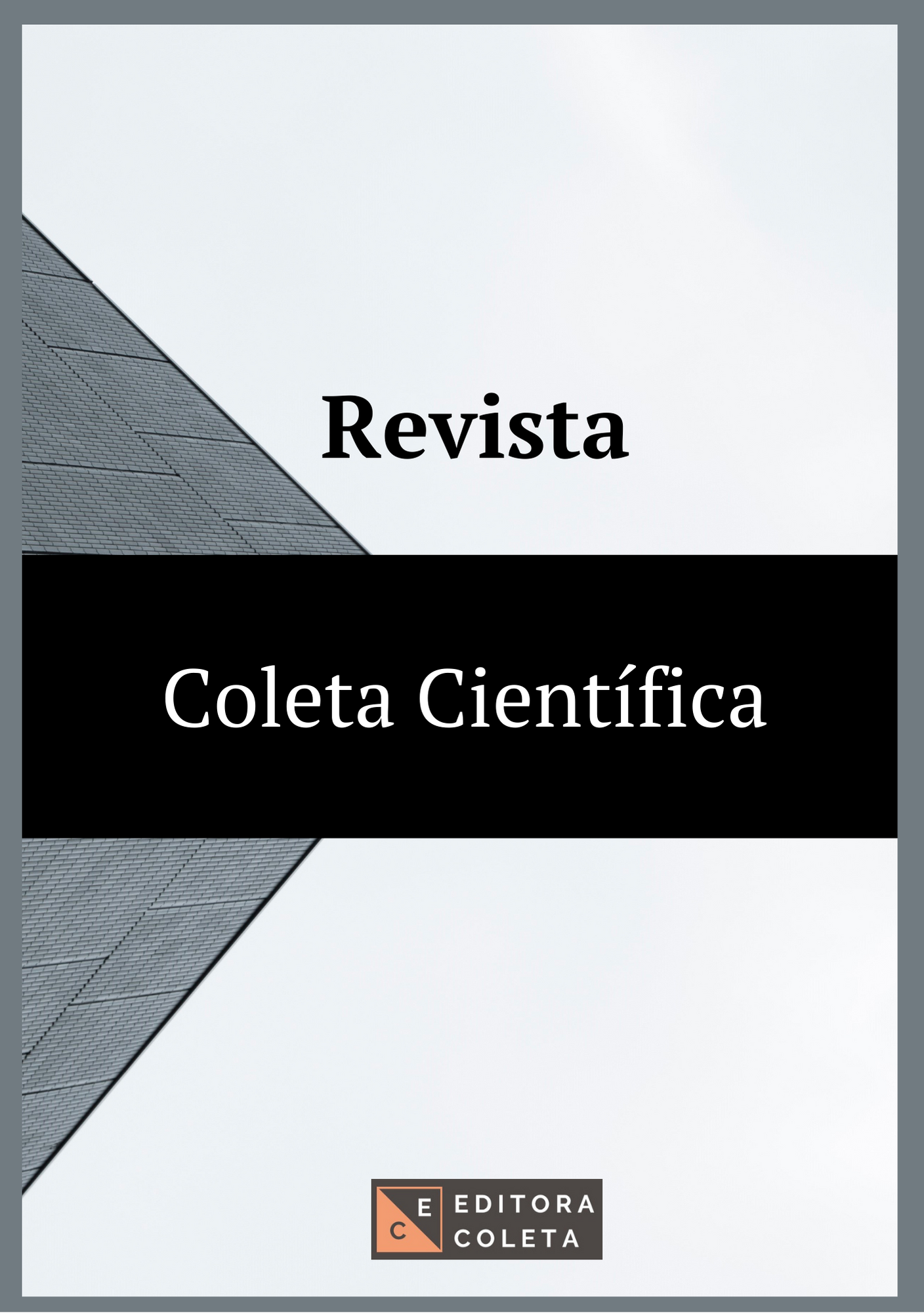ABOUT INTERDISCIPLINARITY AS A CONCEPT
DOI:
https://doi.org/10.5281/zenodo.5196789Keywords:
Knowledge. Interdisciplinarity. Disciplinary. human sciencesAbstract
In today's culture, interdisciplinarity is seen as a necessary prerequisite for teaching and research. The concept of interdisciplinarity has recently gained traction in policy, practice, teaching and research circles. While there is still some skepticism about the concept, it has recently taken on moral connotations with explanations of why interdisciplinarity is desirable and inevitable. As a result, both the Academy of Higher Education and the Research Councils support interdisciplinarity in both teaching and research. Based solely on an exhaustive review of the literature, this article provides an outline of the idea, its teaching implications, and its meaning for contemporary policy. The idea of interdisciplinarity, on the other hand, has been exaggerated to the point of trivialization. The topic is timely, interesting and little known in practice, so it needs to be considered in depth. Transformations, deconstructions and reconstructions of what is typically presented are necessary to adhere to an interdisciplinary project. The study of interdisciplinarity is still in its infancy, not offering theoretical and methodological security for those who feel attracted to develop a work of this magnitude.
References
BERLIN, I. Limites da Utopia (São Paulo: Companhia das Letras, 1991).
BERNSTEIN, R. J. La Reestructuración de la Teoría Social y Política, México: Fondo de Cultura Económica, 1983.
BOISOT, M. Discipline and interdisciplinarity. In Interdisciplinarity: Problems of Teaching and Research in Universities. Paris: OECD, pp.89-97, 1972.
BREWER, D. G. Environmental Challenges: Interdisciplinary Opportunities and New Ways of Doing Business. The 1995 MISTRA Lecture. Stockholm: MISTRA, 1995.
BREWER, D. G. Environmental Challenges: Interdisciplinary Opportunities and New Ways of Doing Business. The 1995 MISTRA Lecture. Stockholm: MISTRA, 1995.
BREWER, D. G. The Challenges of interdisciplinarity. Policy Sciences. 32, 327-337, 1999.
DEMO, Pedro. Conhecimento moderno: sobre ética e intervenção do conhecimento. Petrópolis, RJ: Vozes, 1997.
GATTÁS, M. L.B; FUREGATO, A. R. F. Interdisciplinaridade: uma contextualização. Acta Paulista de Enfermagem, Vol. 19, n. 3, p. 323-327, 2006.
GONÇALVES, Jonas Rodrigo. Como elaborar uma resenha de um artigo acadêmico ou científico. Revista JRG de Estudos Acadêmicos. Ano III, Vol. III, n.7, jul.-dez., p.95-107, 2020.
HANSSON, B. Interdisciplinarity: For What Purpose? Policy Sciences. 32, 339-343, 1999.
HECKHAUSEN, H. Discipline and Interdisciplinarity. In Interdisciplinarity: Problems of Teaching and Research in Universities. Paris: OECD, p. 83-89, 1972.
HINTON, Denys. Interdisciplinary education for the built environment: report on a Commonwealth Foundation lecture tour to India, Bangladesh, Sri Lanka, Singapore, Malaysia and Hong Kong, London : Commonwealth Foundation, 1977.
JANTSCH, A. P; BIANCHETTI, L. Interdisciplinaridade: para além da filosofia do sujeito, Petrópolis: Vozes, 2002.
JAPIASSU, H. Interdisciplinaridade e patologia do saber. Rio de Janeiro: Imago Editora; 1976.
KLEIN, J. T. A Conceptual Vocabulary of Interdisciplinary Science. In Weingart, P. and Stehr, N. (eds) Practising Interdisciplinarity. London: University of Toronto Press, p.3-24, 2000.
KLEIN, J. T. Crossing Boundaries: Knowledge, Disciplinarities and Interdisciplinarities. London: University Press of Virginia, 1996.
KLEIN, J. T. Interdisciplinarity: History, Theory and Practice. Detroit: Wayne State University Press, 1990.
KUHN, T. The Structure of Scientific Revolutions. Chicago: Chicago University Press, 1962.
LEIS, Héctor Ricardo. Sobre o conceito de interdisciplinaridade. Cadernos de pesquisa interdisciplinar em ciências humanas, Vol 06, n. 73, ago, 2005.
LENOIR, Y; HASNI, A. “La interdisciplinaridad: por un matrimonio abierto de la razón, de la mano y del corazón”, Revista Ibero-Americana de Educación, n. 35, 2004.
LEVIN, L. and Lind, I. Interdisciplinarity Revisited. OECD/CERI, Swiss National Board of Universities and Colleges, Linkoping University, 1985.
MENAND, L. The Market place of Ideas, 2001. Available from: www.acls.org/op49.htm accessed 4 July 2021.
MOROSINI, M. C. Docência universitária e os desafios da realidade nacional. In: Professor do Ensino Superior: identidade, docência e formação. – 2. ed. Ampl. – Brasília: Pano Editora, 2000.
NISSANI, M. Ten Cheers for Interdisciplinarity: The Case for Interdisciplinary Knowledge and Research. The Social Science Journal. 34 (2), 201-216, 1997.
NISSANI, M. Ten Cheers for Interdisciplinarity: The Case for Interdisciplinary Knowledge and Research. The Social Science Journal. 34 (2), 201-216, 1997.
OECD. Interdisciplinarity: Problems of Teaching and Research in Universities. Paris: OECD, 1972.
OECD. The University and the Community: The Problems of Changing Relationships. Paris: OECD, 1982.
PETERSON, R. Why Not a Separate College of Integrated Studies? In Clark, M. E. and Wawrytko, S. A. (eds) Rethinking the Curriculum: Toward an Integrated Interdisciplinary College Education. New York: Greenwood, pp.215-227, 1990.
POMBO, O. Interdisciplinaridade: ambições e limites. Lisboa: Relógio d'Água; 2004.
ROSAMOND, B. Disciplinarity and the Political Economy of Transformation: The Epistemological Politics of Globalisation Studies. Review of International Political Economy. 13 (3), 516-532, 2006.
SMITH, M. J. Social Science in Question. London: Sage, 1998.
SORENSEN, G. The Transformation of the State: Beyond the Myth of Retreat. Basingstoke: Palgrave Macmillan, 2004.
WITTE, J; ROBITSCHER, J. Interdisciplinarity and the Disciplines, 1999. Available from: www.emory.edu/ACAD_EXCHANGE/1999/mayjune99/qawitte.html [accessed 5 July 2021].
Downloads
Published
How to Cite
Issue
Section
ARK
License
Copyright (c) 2021 (CC BY 4.0)

This work is licensed under a Creative Commons Attribution 4.0 International License.



















